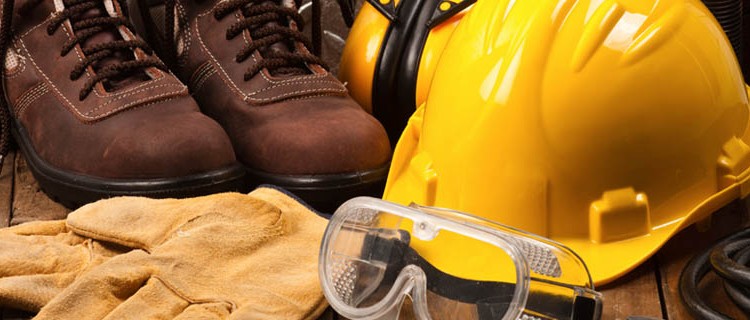Africa has valued an oil and gas company’s commitment to health and safety (H&S) more than any other continent for the second year in a row,2018 Ideal Employer Survey (IES) has revealed.
Rigzone’s second annual IES, which received 6,621 responses from more than 100 countries, showed that respondents from Africa gave the attribute of a commitment to H&S a value of 94 per cent out of 100, up one per cent from the previous year.
Respondents from Asia, the Middle East and South America each valued this attribute at 91 per cent in the 2018 IES, with participants from North America valuing the attribute at 90 per cent. Respondents from Australia/Oceania and Europe each valued the attribute at 88 per cent.
“Safety standards are generally less stringent in Africa than in other regions, such as North America or Europe, which most likely explains why it remains a more important issue to respondents in that area,” Emma Richards, senior oil and gas analyst at BMI Research.
Commenting on the state of safety within Africa’s oil and gas sector, Elitsa Georgieva, director of consulting services at CITAC Africa Ltd, said it was generally “increasing.” Peter Heath, an upstream analyst at GlobalData, supported this view.
“There is greater visibility/accountability for HSE [health, safety and environment] now than ever before,” Heath told Rigzone. “Because of this, operators will be keen to have a stellar safety record as this forms an ever-increasing part of their social license.”
Africa Oil, Gas Safety Improvements
Georgieva and Heath agreed that safety in Africa’s oil and gas industry could be improved.
When asked what needed to be done to increase safety in the sector, the CITAC representative said more communication and training “to match global best practice” was required.
Asked the same question, Heath said the main way to improve safety overall was “to ensure that all stakeholders at all levels have a common interest in HSE and that drivers align.”
“I think large areas of Africa are already making strides in the right direction,” Heath stated.
“Historically, there have been competing drivers in some parts of the world. One example may be drilling rigs being paid bonuses related to the speed that they drilled a well. Whilst a high drilling speed may be good in many ways, it may not motivate safety-related best practices,” Heath added.
Offering additional insight, BMI’s Richards suggested that a tougher approach from African governments could speed up safety progress in the region.
Rigzone’s Ideal Employer research was conducted to explore current market sentiments of global oil and gas professionals. In addition to asking participants to rank several hard and soft attributes, the survey asked respondents to pick their most desirable companies to work for. Royal Dutch Shell plc took the top spot in a global list of desirable companies for the second year in a row.
Source: Rigzone




